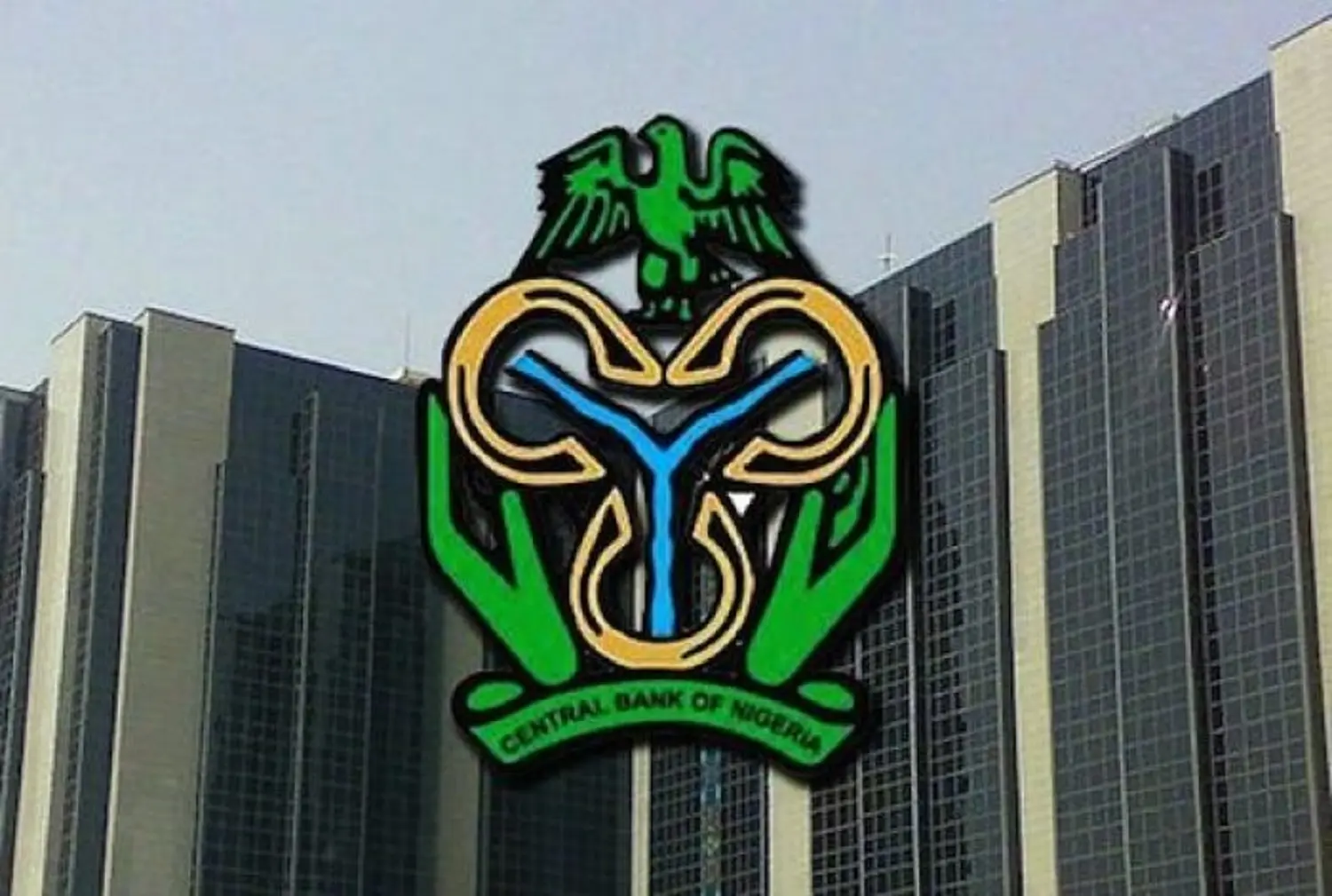Nigeria’s Senate is seeking a six-year single tenure for the governor of the Central Bank of Nigeria (CBN) in the latest amendment to the CBN Act 2007.
If passed, the amendment which has passed a second reading, will foreclose the five-year renewable term for the head of the apex bank, deputies, and directors.
The Senate also proposed N1 Trillion recapitalization for commercial banks which presently stands at N100 billion in the bill sponsored by Adetokunbo Abiru (APC Lagos East), Senate Committee on Banking.
In his lead debate on the bill co-sponsored by 41 other members of the committee, Abiru said a six-year single term for CBN Governor, Deputy Governors, and Board of Directors was geared toward reducing political influence on them.
He said; “This is the practice adopted by many independent Banks such as the US Federal Reserve and the European Central Bank where their Chief Executive Officers serve only one non-renewable term.
“Empirical evidence shows that a single term for the members of the Executive and Board members of central banks helps to reduce political influence on monetary policy decisions and the time inconsistency problem associated with non-independent central banks.”
On the N1 Trillion recapitalisation, Abiru said it may be increased from time to time as the Government may approve either by way of transfers from the General Reserve Fund or by such other means as the Government, in consultation with the Board, may approve.
The bill also seeks for creation of Coordinating Committee for Monetary and Fiscal Policies since the extant act made no provision for such.
He said: “The current Act made no provision for coordination of monetary and fiscal policies which is the reason that monetary policies of the Bank often diverge from fiscal policies to the detriment of the economy.
“To this end, the Bill introduces for the purpose of coordination of the monetary, fiscal and trade policies, a Coordinating Committee for Monetary and Fiscal Policies.
“The functions of the Committee shall include: setting internally consistent targets of monetary and fiscal policies that are conducive to controlling inflation and promoting financial conditions for sustainable economic growth; Applying caps to any fiscal deficit at a level that can be financed without having recourse to direct monetary financing from the Bank etc.”
The bill also seeks to regulate the issuance of Ways and Means by CBN to the Federal Government. While the current CBN Act empowers the CBN to grant temporary advances to the Federal Government to finance unexpected shortfall in budget revenue without stated time frame , the proposed law wants the advance not to exceed five per cent of the previous year’s actual revenue of the Federal Government and it is to be paid back at the end of the financial year in which it was granted.
“In order to firm up this provision and prevent a repeat of the recent experience in which the Bank’s Ways and Means have fueled inflation and significantly distorted economic management, the Bill proposes that any such direct advance to the Government should not exceed 10% of average government actual revenues during the preceding three years.
Members of the Board of CBN Directors screened on Tuesday were Mr. Robert Agbede, Ado Yakubu Wanka, and Muslimat Olanike Aliyu.























